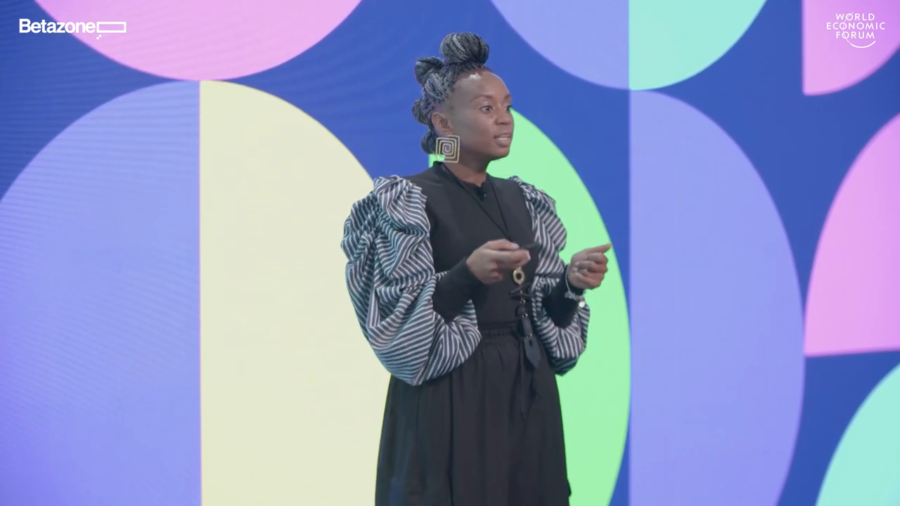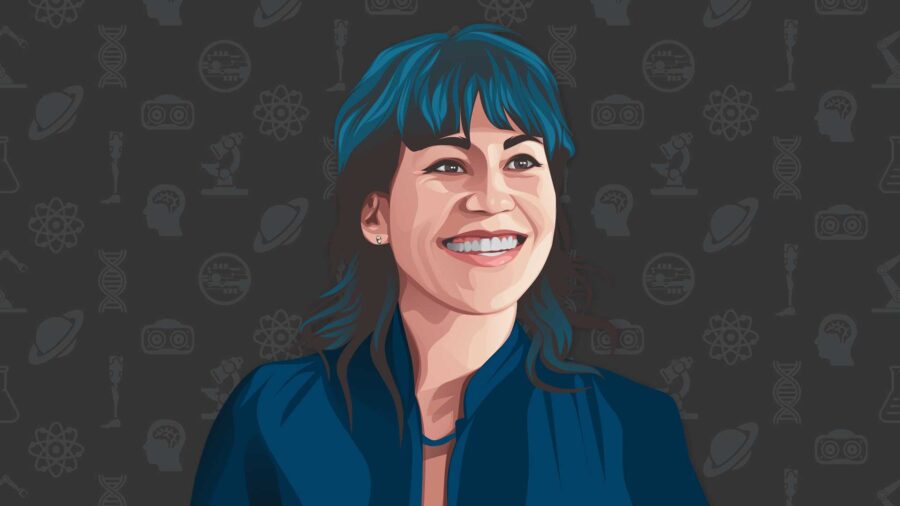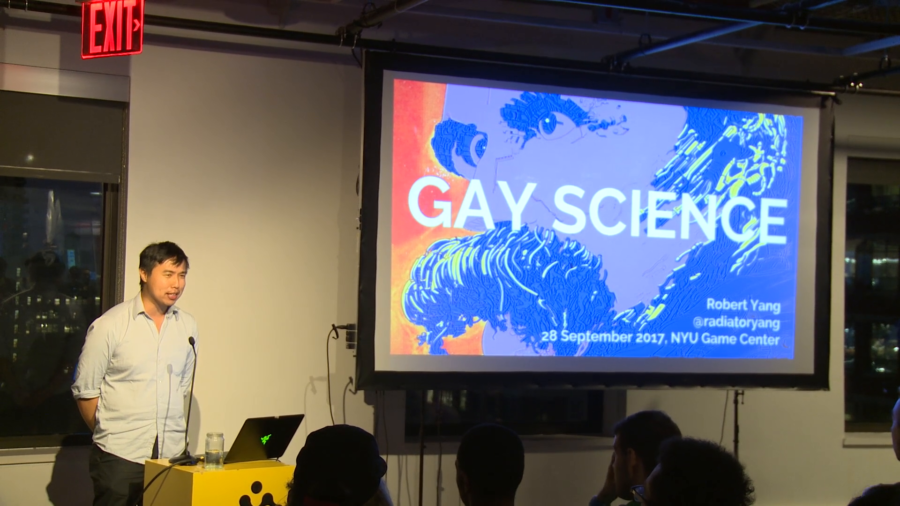When the film was banned, I was really, really, really surprised. And what surprised me the most about the ban was the reason the Kenya Film Classification Board gave. They gave the reason that the film was not remorseful enough. They said that if I change the ending of the film and make it more remorseful, then they would give me a rating. Because they didn’t like the idea of legitimizing, or normalizing, the LGBT community in Kenya. Which was ridiculous.
Archive (Page 1 of 2)

Of course we’re avid, avid watchers of Tucker Carlson. But insofar as he’s like the shit filter, which is that if things make it as far as Tucker Carlson, then they probably have much more like…stuff that we can look at online. And so sometimes he’ll start talking about something and we don’t really understand where it came from and then when we go back online we can find that there’s quite a bit of discourse about “wouldn’t it be funny if people believed this about antifa.”
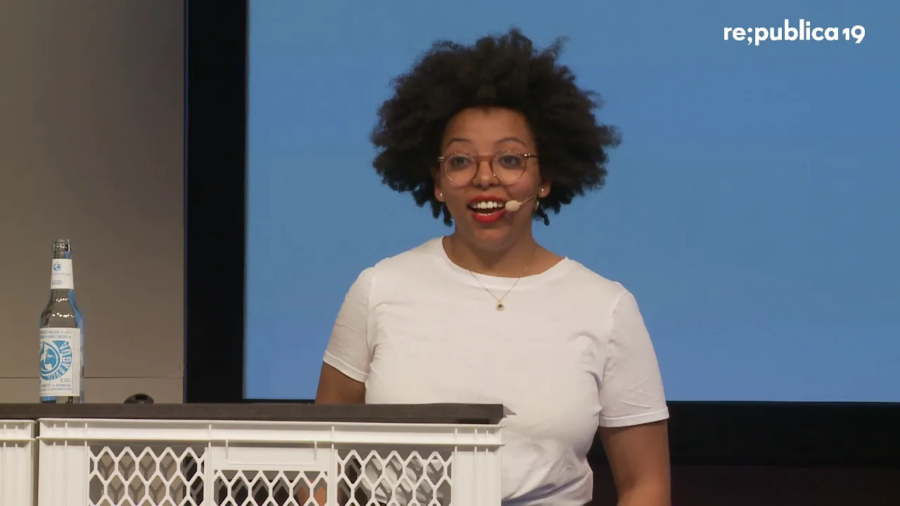
Where I come from and where the rest of the world is, the issue’s not intelligence agencies having backdoor access to our data. Yes, they do have backdoor access to our data, but they also have front door access to our data.
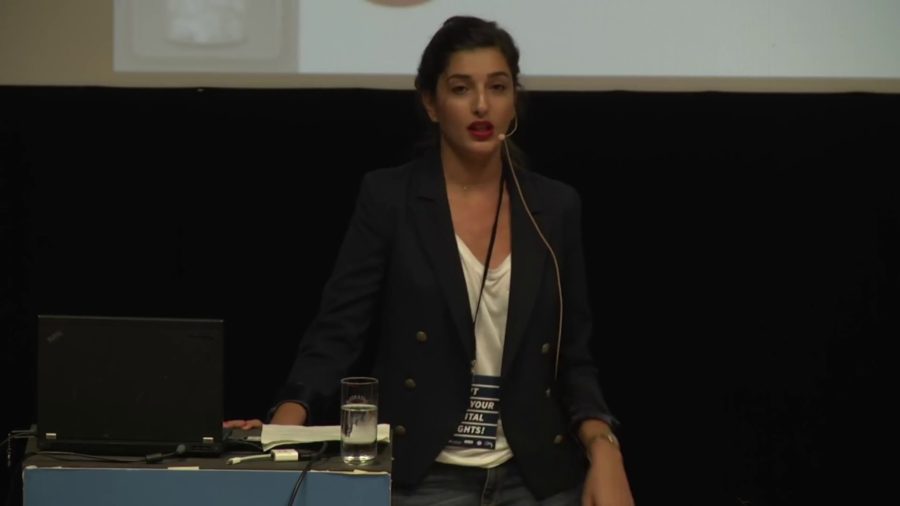
We have been documenting and researching into human rights or digital rights violations that are taking place in Palestine and Israel. And one of the most recent case studies or work that we’re looking into is the use of predictive policing by Israel, which is rather a sensitive issue given that there isn’t a lot that we know about the subject.
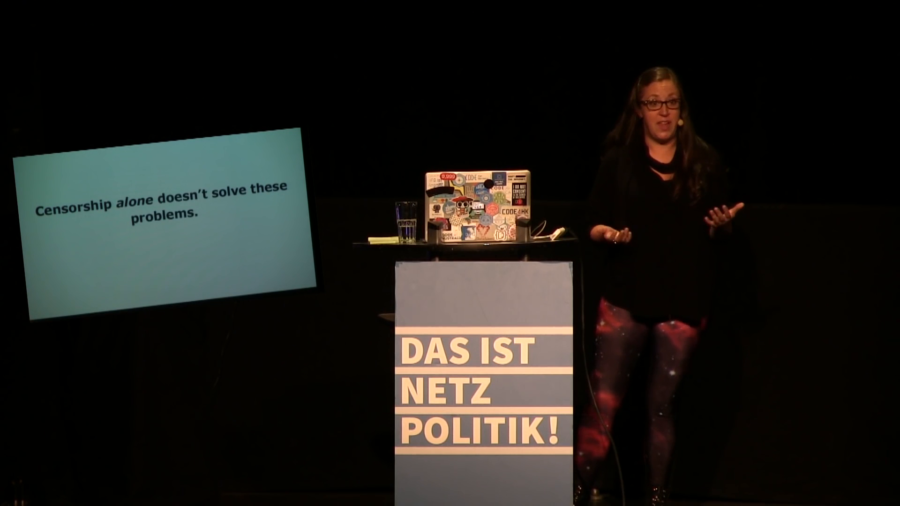
A lot of the topics that we’re trying to “tackle” or trying to deal with on the Internet, we’re not actually defining ahead of time. And so what we’ve ended up with is a system whereby both companies, and governments alike, are working sometimes separately, sometimes together, to rid the Internet of these topics, of these discussions, without actually delving into what they are.
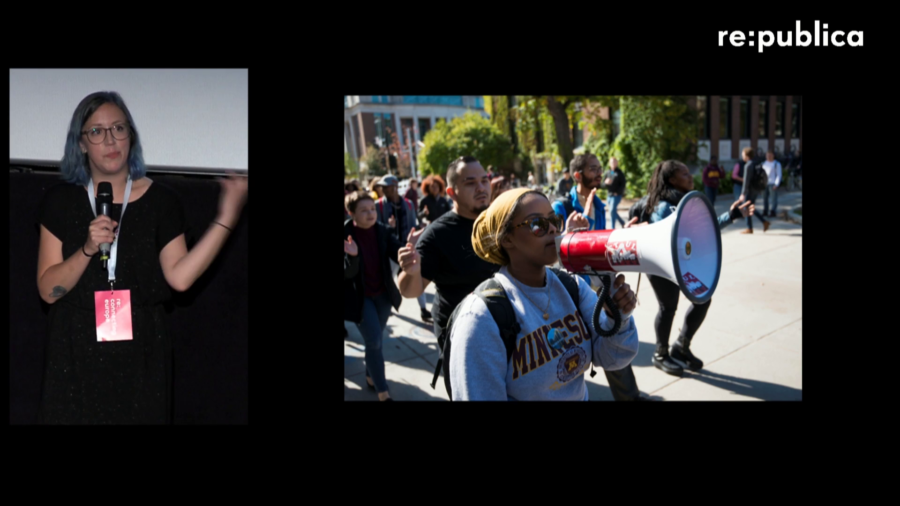
Dangerous speech, as opposed hate speech, is defined basically as speech that seeks to incite violence against people. And that’s the kind of speech that I’m really concerned about right now. That’s what we’re seeing on the rise in the United States, in Europe, and elsewhere.
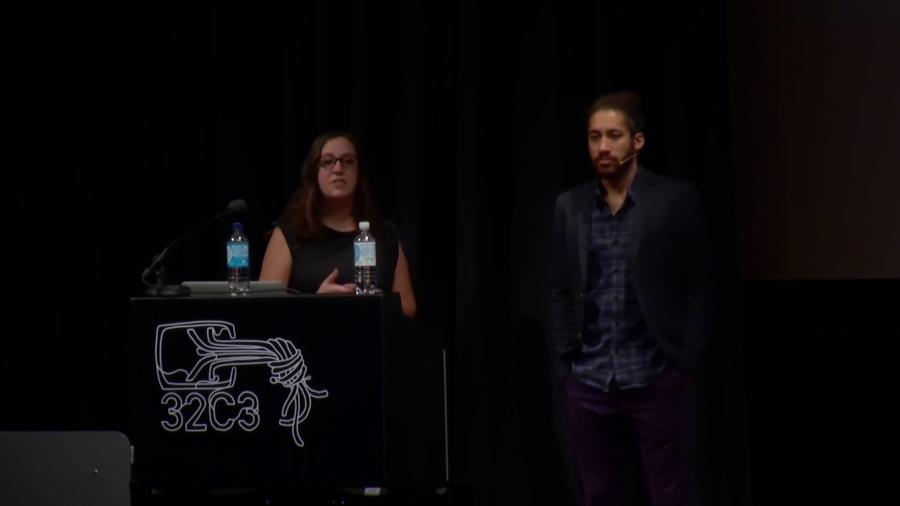
Social media companies have an unparalleled amount of influence over our modern communications. […] These companies also play a huge role in shaping our global outlook on morality and what constitutes it. So the ways in which we perceive different imagery, different speech, is being increasingly defined by the regulations that these platforms put upon us [in] our daily activities on them.

